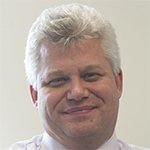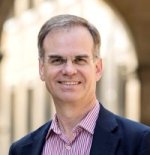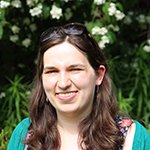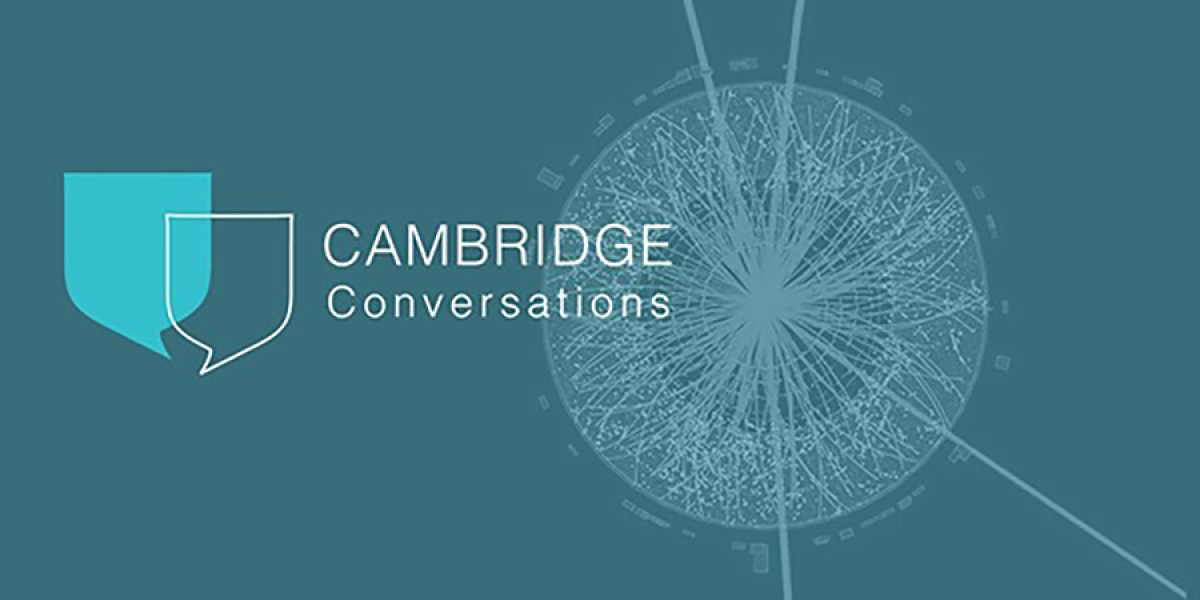Cambridge Conversations: Beauty and the Beast: Matter, Antimatter and the Large Hadron Collider
Cambridge Conversations: Beauty and the Beast: Matter, Antimatter and the Large Hadron Collider
The Large Hadron Collider (LHC) is one of the wonders of the modern world - a true beast of a creation consisting of a 27-kilometer ring of superconducting magnets with an accelerating system to boost the energy of particles along the way. The ultimate aim of the LHCb (beauty) experiment is to search for new phenomena in heavy quark (beauty and charm) systems - which could explain why we live in a universe made of matter and not antimatter, and provide insight into its very origins.
Join Pro-Vice-Chancellor for Enterprise and Business Relations, Professor Andy Neely, in conversation with the scientists at the frontier of discovering the beginnings of life, the universe and everything: Professors Andy Parker and Val Gibson, Dr Harry Cliff and PhD student Fionn Bishop.
Speakers
Professor Andy Neely

Professor Andy Neely is Pro-Vice-Chancellor for Enterprise and Business Relations at the University of Cambridge. He is a Fellow of Sidney Sussex College, former Head of the Institute for Manufacturing (IfM) and Founding Director of the Cambridge Service Alliance. He is widely recognised for his work on the servitization of manufacturing, as well as his work on performance measurement and management. Previously he has held appointments at Cranfield University, London Business School, Cambridge University, where he was a Fellow of Churchill College, Nottingham University where he completed his PhD, and British Aerospace. He was Deputy Director of AIM Research – the UK’s management research initiative – from 2003 until 2012, he was elected a Fellow of the Academy of Social Science in 2008 and a Fellow of the Royal Academy of Engineering in 2018. He was awarded an OBE in the 2020 New Year’s Honours list.
Professor Andy Parker

Professor Andy Parker is Professor of High Energy Physics and Head of the Department of Physics at Cambridge University, with over 500 publications on aspects of particle physics and other topics. His current research interests involve experiments to reveal new physics such as extra space dimensions, quantum-sized black holes, and supersymmetry. He is a founder of the ATLAS experiment for the Large Hadron Collider, and for 6 years he was the project leader for the ATLAS Inner Detector and a member of the Executive Board. His technical work has included the development of silicon detectors, fast electronics and large software systems, as well as data analysis and pattern recognition. He has served in various roles in ATLAS, including as UK Physics Coordinator and chair of the Publications Committee.
He has worked with the Oncology Department on computational methods for radiotherapy, including the Voxtox and Radnet projects.
He was a Fellow and then staff physicist at CERN from 1982-1989 and briefly a stagiaire étranger at the Centre des Etudes Nucleaire, Saclay, Paris before being appointed as a Lecturer in Cambridge in 1989. He was made a Professor in 2004 and served as Deputy Head of Department (Finance and Resources) from 2010-2013 before becoming Head of Department.
He has served on numerous committees for CERN, the UK Research Councils, international funding agencies and the University. He was awarded the Pilkington Prize for excellence in teaching in 1997. He is currently a member of the International Advisory Board for the Future Circular Collider and a member of the Research Assessment Physical Sciences Panel for Hong Kong. He is a Science Partner with Ahren Investment Capital.
Professor Val Gibson

Professor Val Gibson is the Head of the High Energy Physics Research Group in The Cavendish Laboratory. She holds a Special Honours BSc in Physics from the University of Sheffield (1983) and a DPhil in Experimental Particle Physics (1986), The Queen's College, Oxford. She was a Fellow in the Experimental Physics Division at CERN (1987-89) and came to Cambridge in 1989 as an SERC Advanced Fellow, held concurrently with the Stokes Senior Research Fellowship at Pembroke College (1989-1994). She was appointed as University Lecturer and Fellow of Trinity College in 1994, Reader in 2006, held a Royal Society Leverhulme Trust Senior Fellowship (2007-08) and became a Professor in 2009.
She enjoys science communication and is Patron of the Gravity Fields Festival held in honour of Sir Isaac Newton. She is a champion of Women in Science and spearheaded the Cavendish Laboratory's success at achieving an Athena SWAN Gold award in 2014. Previously, she has been the School of Physical Sciences Equality & Diversity Champion and Chair of the Institute of Physics Juno Panel. She is currently the University's Gender Equality Champion (STEMM).
Harry Cliff (Gonville & Caius 2004)

Dr Harry Cliff works on LHCb, a large international particle physics experiment at CERN’s Large Hadron Collider. His research is focussed on the very rare decays of particles called beauty quarks, a promising area to search for evidence of new particles or forces that could help resolve some of the biggest mysteries in fundamental physics. He is a prolific communicator of science, having worked as curator of exhibitions at London's Science Museum for seven years and has given numerous public talks and media interviews, including at TED, the Royal Institution and the BBC.
Fionn Bishop (Murray Edwards 2015)

Fionn Bishop is a PhD student and a P. C. Ho Studentship recipient. She researches as part of the LHCb experiment, an international collaboration using the LHCb detector at CERN to advance understanding of fundamental Physics. Her main research interest is the study of charge-parity violation in particles that contain beauty quarks; this is an area which could be vital for understanding the origin of the matter-antimatter asymmetry in the universe. She formerly studied for a MSci and BA in Natural Sciences at Murray Edwards College, Cambridge.
Booking information
There is no charge to attend this online event.
Booking for this event is now closed.

